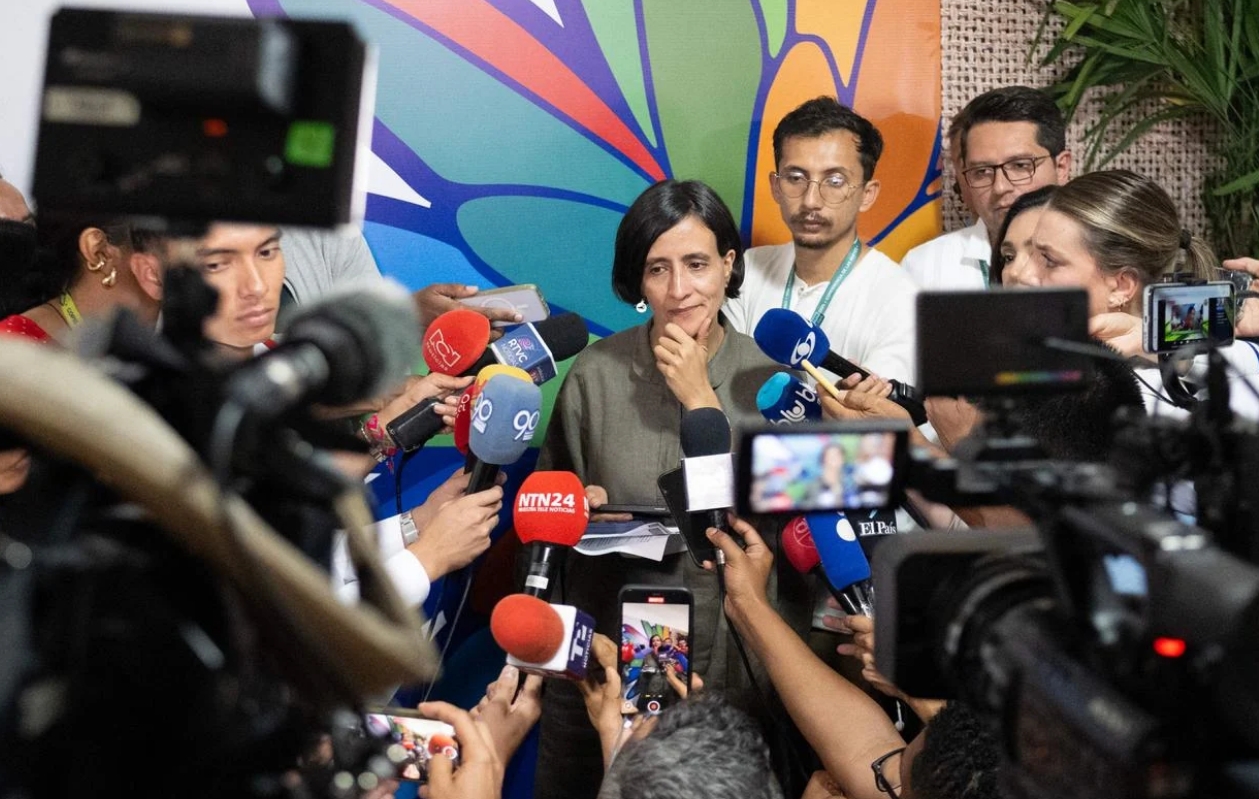The first two pieces of good news from COP16, taking place in Cali, Colombia, emerged on Thursday, October 31, 2024. On the eve of the closing of the UN mega-summit on biodiversity, the 197 member states unanimously approved two agreements.
The first concerns the protection of international marine ecosystems. The parties “celebrated an unprecedented step in ocean conservation: the adoption of a global agreement aimed at identifying and conserving marine areas of great ecological importance in international waters,” reports the Argentine newspaper La Nación.
Thanks to a scientific mechanism—rather than a geopolitical one—this culmination of eight years of negotiations enables the Conference of the Parties (COP) to now delineate biodiversity conservation areas in international waters without impacting the rights and competences of individual countries.
This agreement is crucial at a time when seas and oceans are the fastest-declining ecosystems in terms of biodiversity. It aligns with objectives set at the previous COP in Kunming-Montreal to protect 30% of land and oceans by 2030.
Indigenous Peoples: Guardians of Biodiversity
The second agreement, according to the Cali newspaper El País, pertains to the work plan of Article 8J concerning indigenous peoples.
This roadmap “gives a prominent place to indigenous and local populations in recognition of the work they have carried out for many years in protecting and conserving biodiversity, which they are committed to continuing.”
It highlights their “knowledge, innovations, and practices […] that embody traditional lifestyles of interest for the conservation and sustainable use of biological diversity and promotes their application on a larger scale.”
This is another crucial element: most of the world’s best-preserved tropical forests are located within indigenous territories, according to UNESCO, while the NGO WWF has documented a “73% decline in the average size of species populations worldwide in just 50 years (1970-2020).”
However, there is still no consensus on creating the body that would facilitate financial and technical support for this agreement. “Russia and Indonesia currently disagree on the establishment of a subsidiary body for indigenous peoples,” as it could affect their historical relations with indigenous populations, stated Colombian President of the 16th Conference of the Convention on Biological Diversity (CBD), Susana Muhamad, who is also Colombia’s Minister of Environment.
There are less than 24 hours left to resolve this disagreement and unlock funding for biodiversity conservation so that COP16, which has been a genuine popular success, does not turn into a failure in terms of negotiations.
Contrary to predictions of an extension of negotiations on Saturday in Cali, Susana Muhamad assured that the final plenary would indeed take place on Friday evening, promising it would be “exciting,” given the number of unresolved issues. She has held numerous confidential bilateral meetings on Thursday to finalize compromise texts to bridge the positions of wealthy and developing countries, which have remained largely unchanged since the summit began on October 21.



